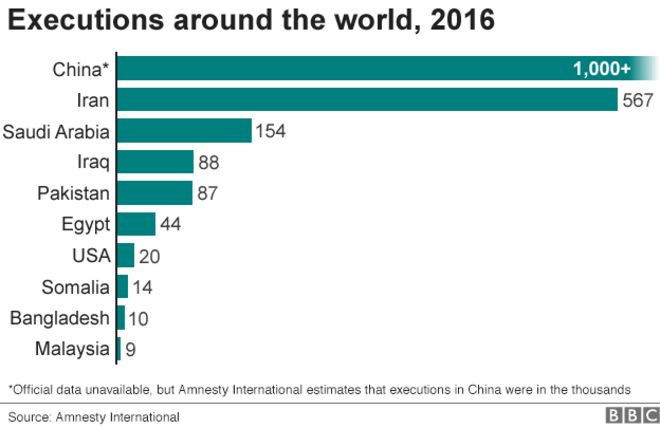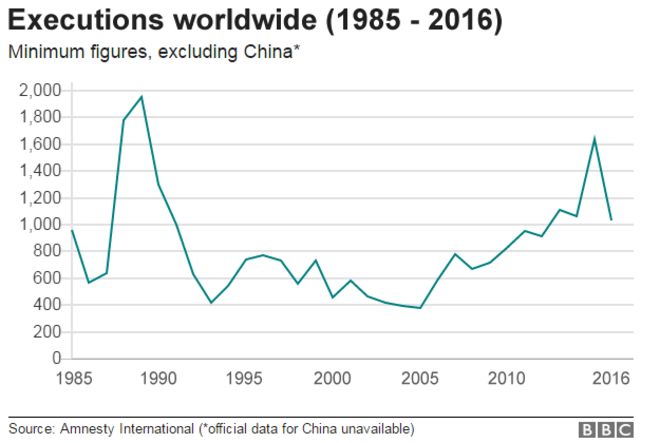SuperJared has taken flight.
He’s President Trump’s point man with the Chinese, having finalized the details of the big meeting at Mar-a-Loco later this week. He was Trump’s middleman with the Mexicans not long ago.
“A shadow secretary of state,” The Washington Post calledJared Kushner, and that was well before he traveled to Iraq on Monday, beating the actual secretary of state, Rex Tillerson, to one of the most consequential theaters of American foreign policy.
Kushner’s to-do list, not Tillerson’s, contains the small, pesky item of brokering a durable truce between the Israelis and the Palestinians. “If you can’t produce peace in the Middle East, nobody can,” Trump said to the 36-year-old real estate scion, who has absolutely no background in diplomacy, from the stage of an inaugural party.
The precise strategy is under wraps. As Henry Kissinger, an informal adviser to Kushner and others in the Trump administration, told Annie Karni of Politico in mid-February: “It’s not clear to me in what way he’s in charge of it, whether he’s in charge of it with supervision from the White House, or whether he’s supposed to be the actual negotiator. Nor has it been defined what they’re negotiating about.”
Mere details! Just leave things to Kushner. He’ll figure it out in those down moments when he’s not supervising the brand new Office of American Innovation, whose modest ambition is a full-scale reorganization of the federal government that makes it more efficient.
His plan on that front is clear. He’ll simply do everything himself. Take note: When you file your taxes in about two weeks, you can send them either to the Internal Revenue Service or to Kushner. He’ll be chipping in with the auditing.
Sign Up for the Opinion Today Newsletter
Every weekday, get thought-provoking commentary from Op-Ed columnists, the Times editorial board and contributing writers from around the world.
I jest, and I do so in line with the mocking tone of the media’s continuing tally of tasks being piled on Kushner’s plate. But Kushner’s many mandates aren’t a laughing matter. They’re a reflection of some of Trump’s most unsettling traits as president, and Kushner is a symbol of his delusions.
Trump keeps expanding Kushner’s bloated portfolio while leaving key agencies woefully understaffed, and that’s “a sign that he doesn’t know how government works,” said a former Bush administration official who has had extensive dealings with Kushner.
“There’s no deputy secretary of state,” the official told me. “There’s no deputy secretary of defense.” He ticked off an array of other unfilled positions, insisted that these gaps can’t all be chalked up to some noble desire to shrink government and said that they pretty much prevent any meaningful follow-through on whatever bold ideas Kushner might hatch. “Trump just thinks, ‘Oh, yeah, Jared’s in charge of that.’ In charge of what? What’s he running? You need a bureaucratic infrastructure.”
Trump’s overreliance on Kushner illustrates the extraordinary premium he places on loyalty. Kushner’s status as a visionary is entirely disputable: His real-estate company was a birthright, not a start-up, and as an article by Charles Bagli in The Times this week demonstrated, one of Kushner’s key acquisitions, the skyscraper at 666 Fifth Avenue, turned into an albatross. But he married Ivanka. He’s family. And he chose the political ambitions of his father-in-law over his own previous reputation as a reasonably enlightened man.
Kushner also exemplifies the degree to which Trump not only prizes the fresh eyes of people from outside of politics, which is sensible, but downright fetishizes them, which isn’t. To the extent that the administration is staffed, it teems with government naïfs, and that has been apparent in the botched composition and rollout of executive orders and in the failed attempt to undo Obamacare.
Trump’s cavalier attitude toward conflicts of interest is manifest in Kushner, who was reportedly talking about government business with the Chinese ambassador even as his family’s company sought Chinese investment for that skyscraper.
So is Trump’s magical thinking. The president seems to see certain people as exempt from the laws of gravity, and he has accorded Kushner a place snug beside him in that pantheon. He keeps telling us that he can predict the future, and he keeps telling himself that Kushner can juggle more than even the most seasoned, brilliant White House aides of yesteryear pulled off. Kushner doesn’t seem to be quibbling.
I’m told by insiders that when Trump’s long-shot campaign led to victory, he and Kushner became convinced not only that they’d tapped into something that everybody was missing about America, but that they’d tapped into something that everybody was missing about the two of them.
Kushner was reborn with new powers, and to the heavens he ascended.
It’s a bird! It’s a plane!
It’s ridiculous.



